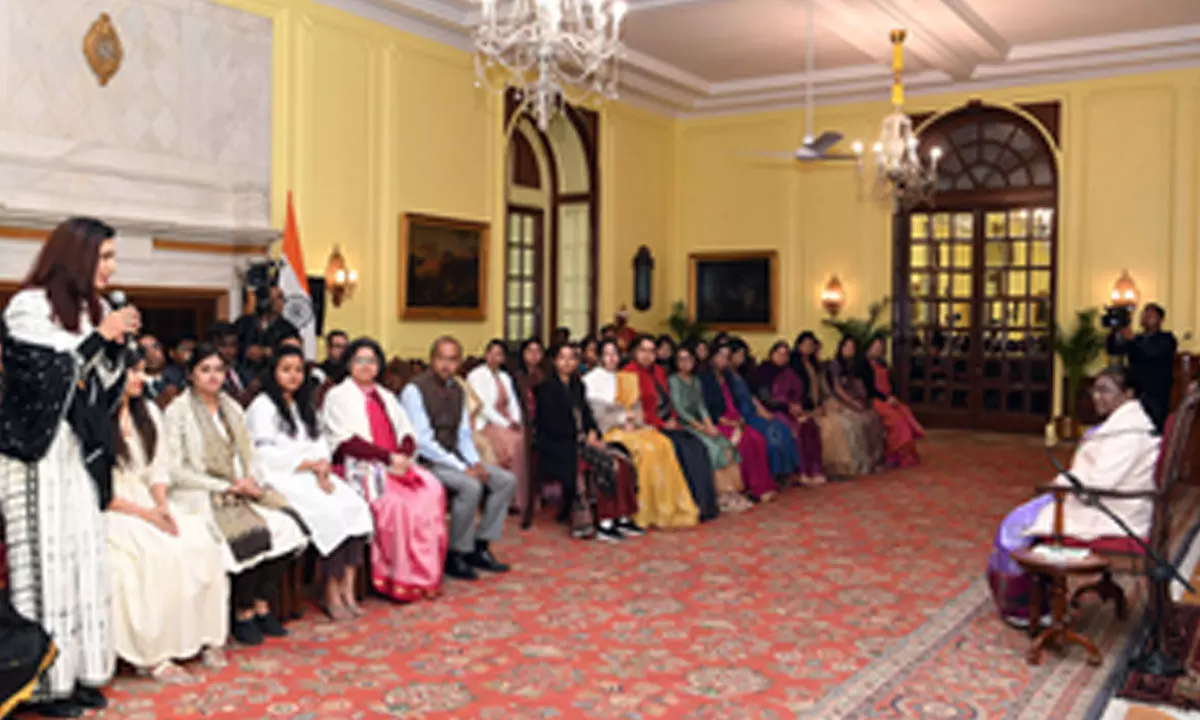Women now own 20.5 pc of MSMEs in India, startups surge in tier 2 and 3 cities
Share :

Women now own 20.5 per cent of micro, small and medium enterprises (MSMEs) in India as approximately 45 per cent of startups now originate from tier 2 and 3 cities
New Delhi: Women now own 20.5 per cent of micro, small and medium enterprises (MSMEs) in India as approximately 45 per cent of startups now originate from tier 2 and 3 cities, indicating a significant shift towards regional entrepreneurial growth, according to a report on Wednesday.
Over 1,000 incubators across the country are facilitating access to resources, mentorship, and funding, said the KPMG in India report.
Initiatives like the Women Entrepreneurship Platform (WEP) and Pradhan Mantri MUDRA Yojana are empowering women and low-income entrepreneurs, fostering local growth and future female leadership.
“The democratisation of entrepreneurship in India is not just a trend but a powerful movement towards inclusive and sustainable economic growth,” said Supreet Sachdev, office managing partner–Bengaluru, KPMG in India.
By fostering a diverse and inclusive entrepreneurial ecosystem, we are paving the way for a more resilient and innovative economy, Sachdev added.
Programs such as the Start-up Village Entrepreneurship Programme (SVEP) aid rural groups in setting up non-farm enterprises by providing business support, funding, and dedicated information services.
Government-backed incubators under the Atal Innovation Mission (AIM) and private sector initiatives also play a crucial role in democratising entrepreneurship by offering vital support nationwide.
“India's startup ecosystem, now the third-largest globally, has contributed significantly to GDP growth, demonstrating resilience despite various challenges,” according to the report.
There are challenges too, like the monopoly of large tech companies limiting startup growth and funding disparities, with entrepreneurs from tier 2 and 3 cities facing more challenges in securing funding.
To address these issues, the report suggested advocating for transparency and fairness in competition, implementing equal tech access policies and promoting digital literacy and expanding angel networks and incubators to tier 2 and 3 cities.
“As we look ahead, the solid foundation being laid through communities like TiE, government initiatives, technological advancements, and private sector collaborations – has the potential to redefine India’s global standing as an innovation hub,” said Akhilesh Tuteja, partner and head, clients and markets. KPMG in India.














